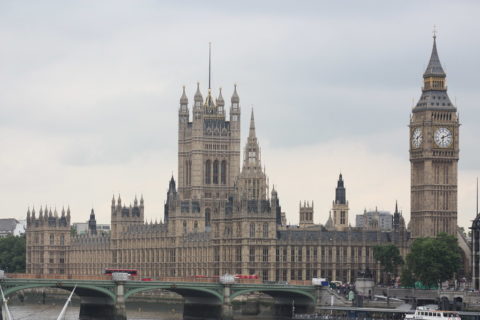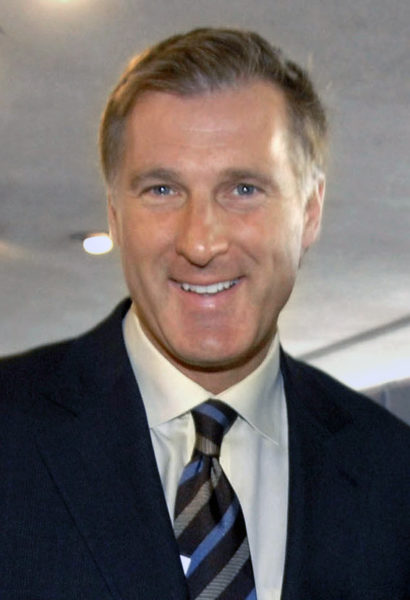In The Line, Rahim Mohamed wonders if Poilievre’s campaign for the leadership of the federal Conservatives might follow a similar path to the flash-in-the-pan that was the Andrew Yang campaign:

Conservative MP Pierre Poilievre at a Manning Centre event, 1 March 2014.
Manning Centre photo via Wikimedia Commons.
It may be hard to believe, but the race to crown the next leader of the Conservative Party of Canada is now well into its third month. If there is one clear takeaway that can be drawn from the campaign so far, it’s that one candidate, frontrunner Pierre Poilievre, has dominated social media.
By any metric, Poilievre’s social media presence dwarfs that of the other candidates in the race. He boasts nearly 340,000 followers on Twitter and more than half-a-million on Facebook. By comparison, none of his opponents has cracked six-figures on either platform. Poilievre’s personal YouTube page, which houses a growing library of hundreds of videos, has garnered over 39 million views since it was launched in 2011. As digital advocacy guru Cole Hogan tweeted earlier this month, “if you’ve watched Canadian political content on YouTube, you’ve seen Pierre Poilievre”.
And Poilievre has not just lapped his opponents in terms of quantity. The contrast between the polished, professional content that his digital team consistently puts out and the amateurish social media fare offered by the other candidates could not be more stark. Earlier this week, the Poilievre campaign released this excellent five-minute video targeting housing affordability, filmed on-location in Vancouver (the world’s third most unaffordable housing market). The video drew praise from unlikely corners of the Twittersphere. For instance, left-leaning Washington Post Canadian politics correspondent David Moscrop quote-tweeted the video, adding; “God I hope you lose but you’re onto something here.”
Poilievre has strategically highlighted issues that appeal disproportionately to the “very online”. For instance, housing policy is a preferred topic of conversation among the aging millennials who dominate YIMBY Twitter — many, ironically, tweeting from their parents’ basements. He has also embraced cryptocurrency; promising to make Canada the “blockchain capital of the world” and purchasing a shawarma with Bitcoin at a recent campaign stop in London, Ontario.
But before he uncorks the champagne, Poilievre would be prudent to take heed of lessons learned the hard way by another social media darling: failed New York City mayoral candidate Andrew Yang.












